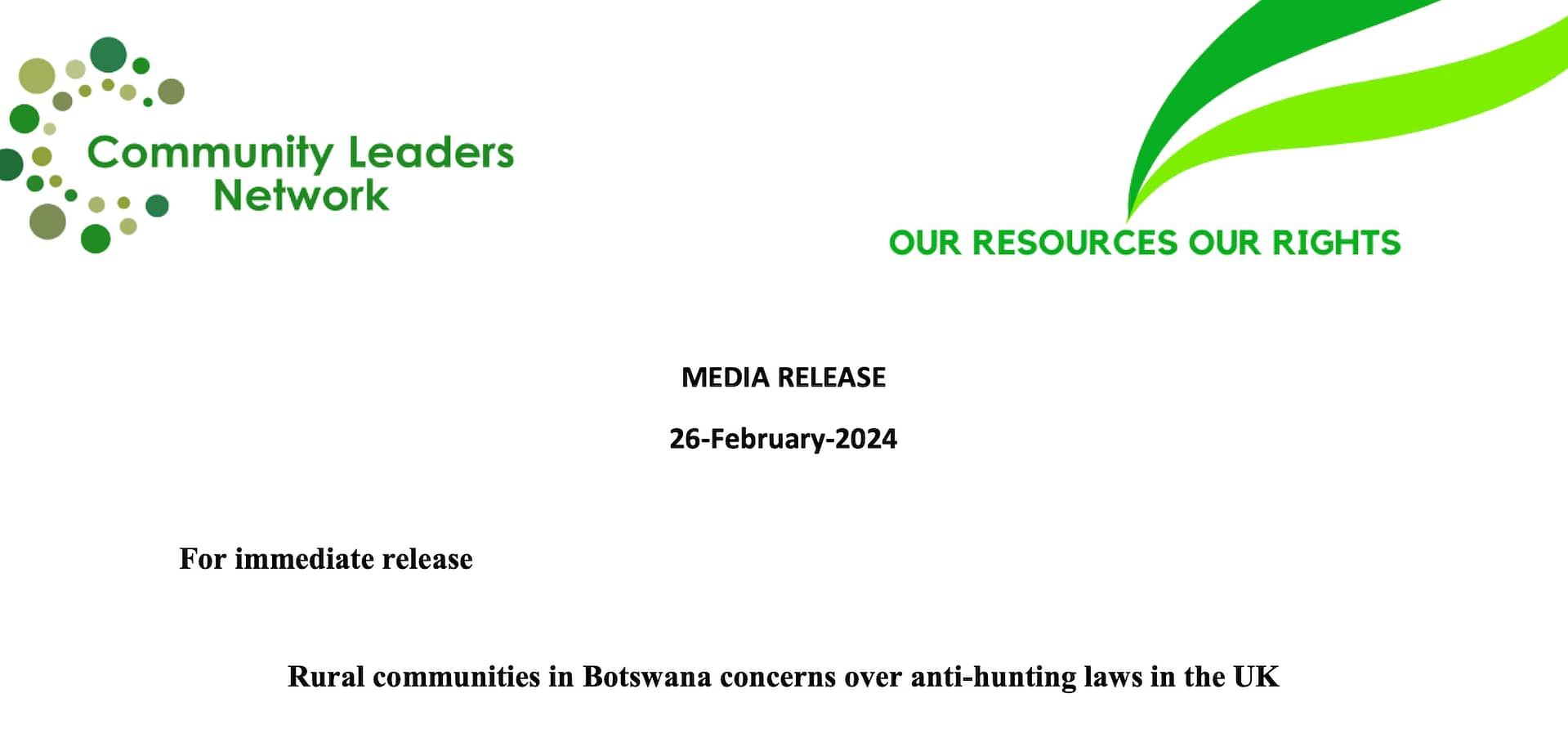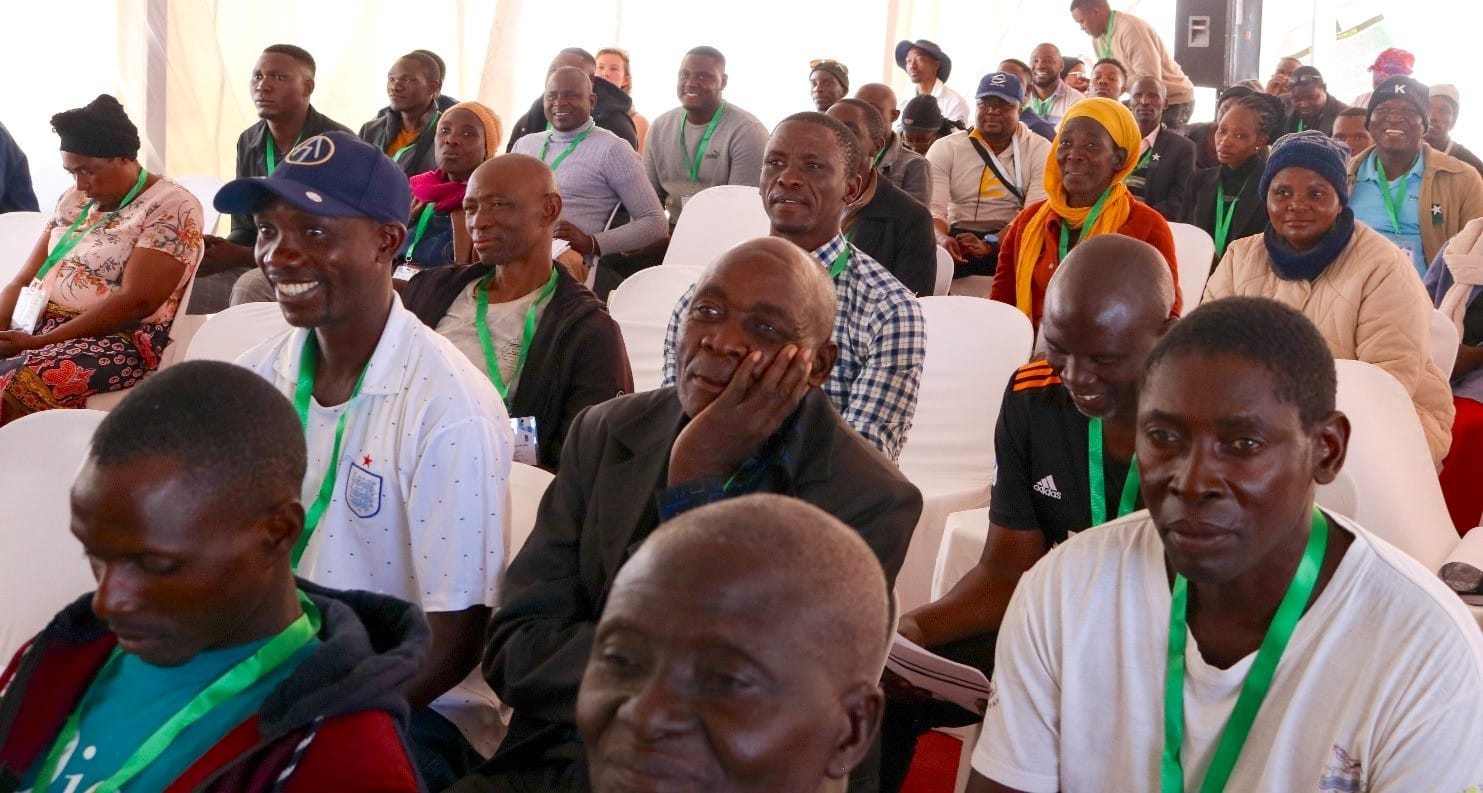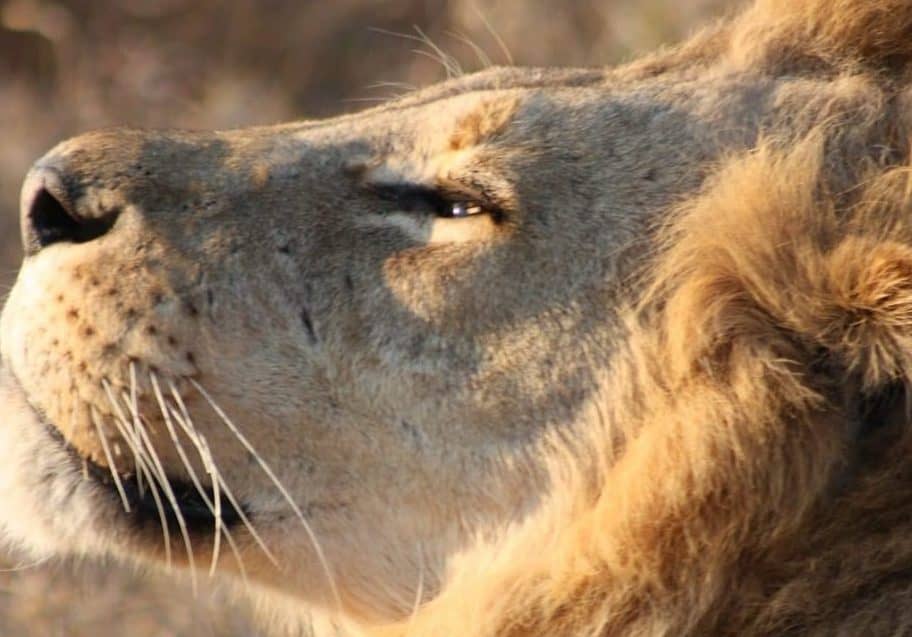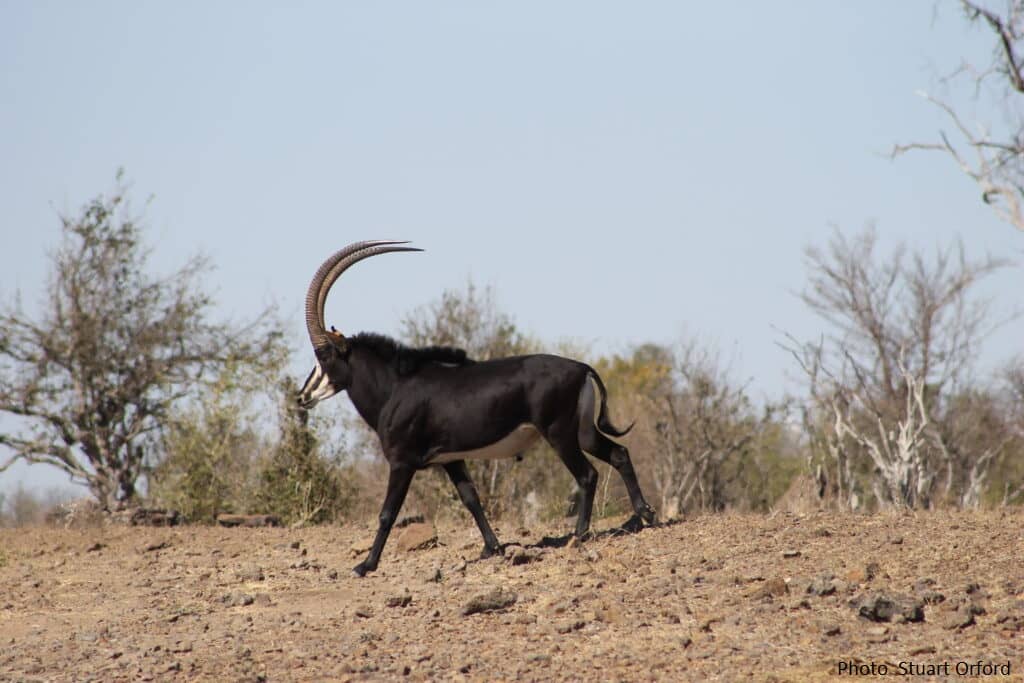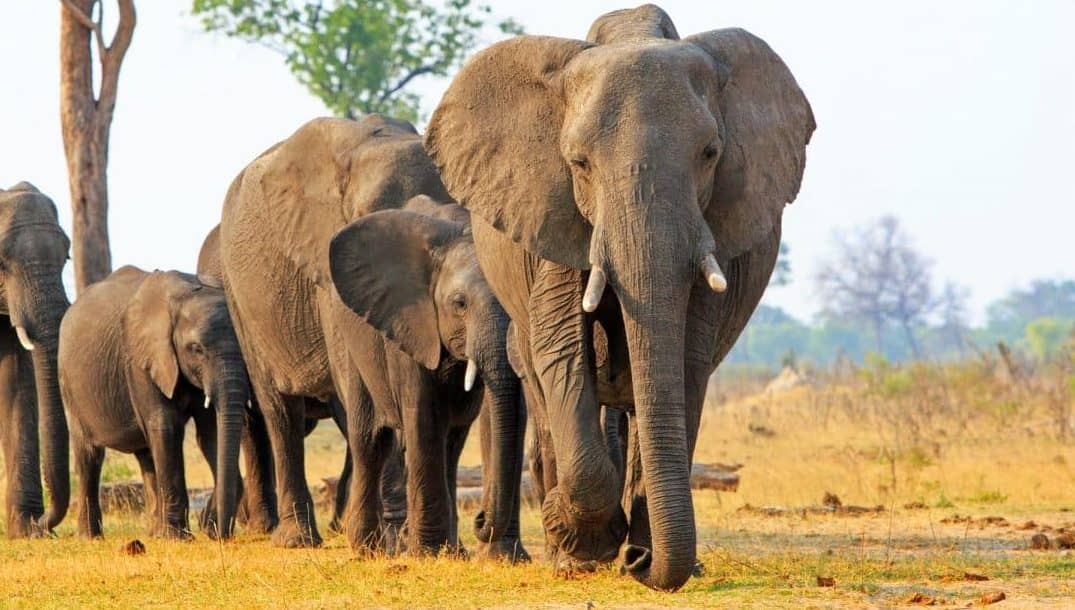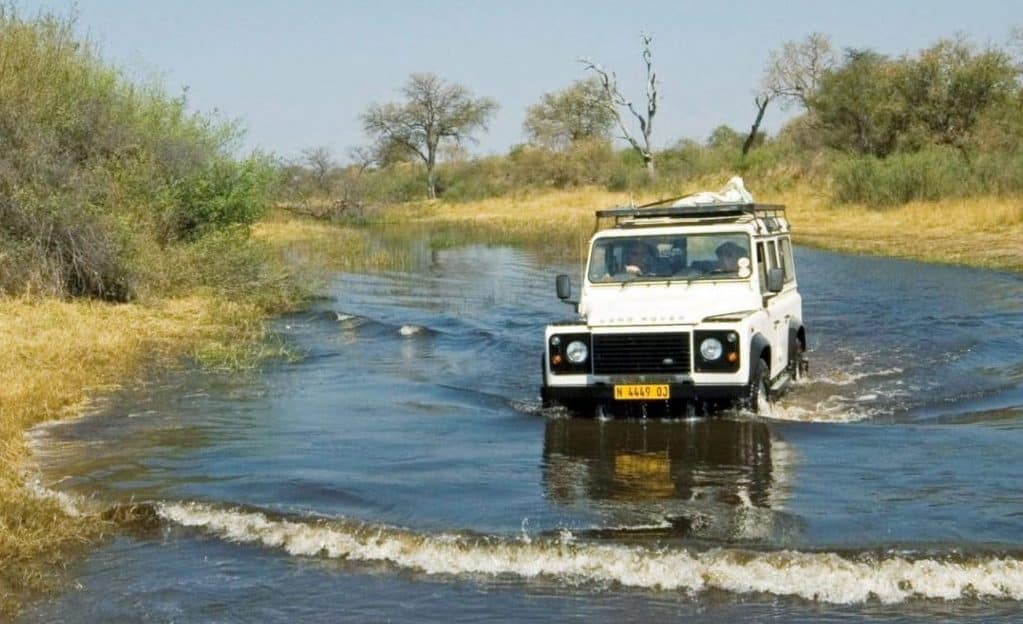On 22 February 2024, 17 Community Trusts in Botswana along with the Ngamiland Council of NGOs (NCONGO) expressed their deep concern with a campaign advocating for a ban on hunting trophy imports into the United Kingdom (UK) that will negatively affect their livelihoods and wildlife conservation efforts. These Trusts are democratically elected entities speaking on behalf of their respective communities that live alongside elephants and other wildlife species in Botswana.
Community conservation efforts in Southern Africa started in the 1980s and have since taken slightly different paths towards including rural communities in the wildlife economy and nature conservation. Over the years there have been some exchange visits and other events to increase communication among the community conservation stakeholders in these countries, but such opportunities remain rare.
by Steve Johnson
How long must this go on! Those involved in community-based natural resources management or CBNRM, have continued their mantra of the need for devolution of rights over land and natural
In June, 2019 at Africa’s Wildlife Economy Summit hosted by the African Union and United Nations Environment Programme in Victoria Falls, Zimbabwe, community representatives called on African
In June of this year, a group of youth leaders and young conservationists in Zimbabwe participated in a webinar entitled Building a Wildlife Economy on the critical importance of rights in ensuring species conservation.
This article by Masego Madzwamuse and Liz Rihoy, was published 01 March 2019 in mmegi – an online and weekly print English language newspaper in Botswana. It is part of a number of opinion pieces on the Elephant Debate.
For decades Botswana has maintained an enviable international reputation as an ‘African miracle’ due in large part to its robust democracy, sound governance systems and representative and accountable
By Liz Rihoy and Malan Lindeque • Op-ed The Daily Maverick 14 April 2019
Two competing ideological narratives have emerged in African wildlife conservation. The one is based on so- called ‘compassionate conservation’, aligned with the mostly Western animal rights movement,


